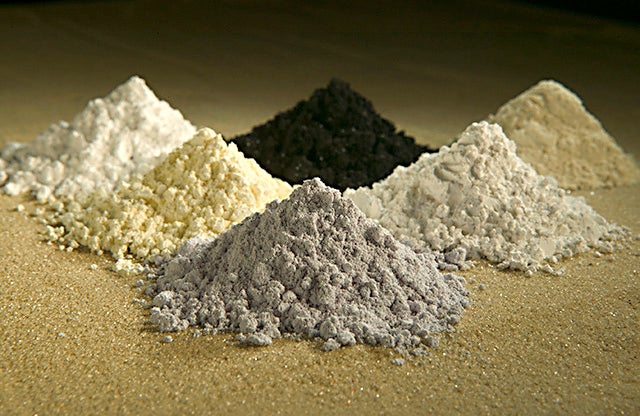With China Clamping Down on Rare-Earth Metals, Japanese Manufacturers Devise Clever Alternatives
We may earn revenue from the products available on this page and participate in affiliate programs. Learn more › If...

We may earn revenue from the products available on this page and participate in affiliate programs. Learn more ›
If necessity is the mother of invention, maybe China is the wicked stepmother. In an effort to thwart Chinese restrictions on rare-earth metal exports, Japanese manufacturers have developed technology that can make motors without them.
Hitachi has come up with a motor that uses a ferrite magnet, made of ferric oxide. The material is the main source of iron for the steel industry, and it’s cheaper and more common than the rare-earth metals typically used to make electric car motors.
Quoting the Nikkei business daily, business blogs are reporting today that Hitachi hopes to use the motors for hybrid car manufacturing. It’s not yet big enough for a car motor, but Hitachi will also use them in air conditioners, Tech Eye reports.
What’s more, the chemical firm Teijin and Tohoku University have developed technology to make a powerful magnet using a new composite made of iron and nitrogen, Forbes.com reports.
Japan and China are the world’s biggest users of rare-earth metals, which are used to produce small batteries for hybrid cars and handheld gadgets. The metals, 17 in all, are also used to make lasers, magnets, camera lenses, computer memory chips and more.
China produces about 90 percent of the world’s rare-earths, and announced in July that it would slash exports by 40 percent. As Forbes.com reports, China said the move was meant to protect the environment; others claim restricting supplies could give Chinese manufacturers an edge.
Rare-earths are also used in weapons systems, so China’s rare-earth wealth has sparked a flurry of U.S. government reports on how to obtain a home-grown supply. Until mining firms ramp up production, innovation seems like a smart solution.